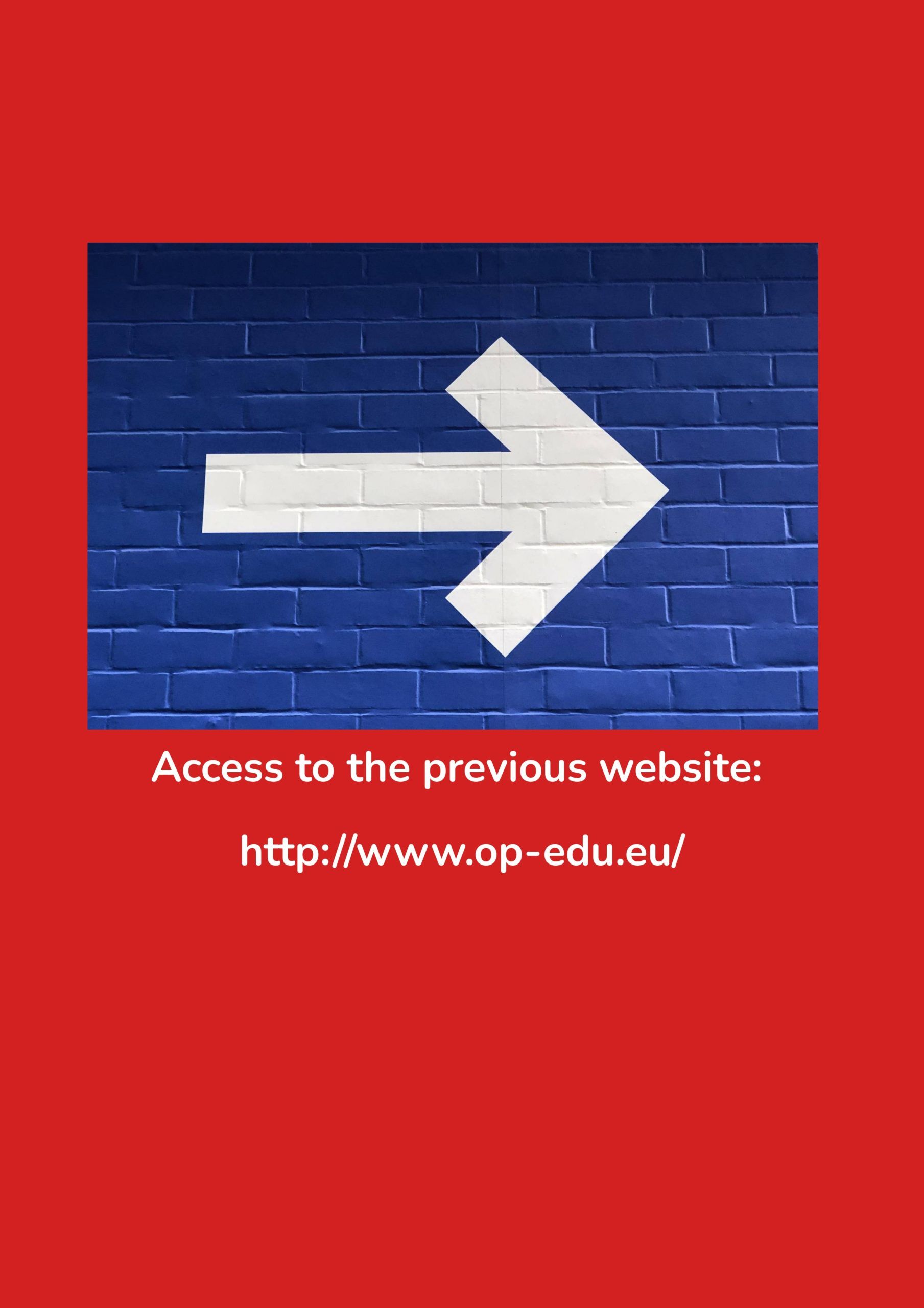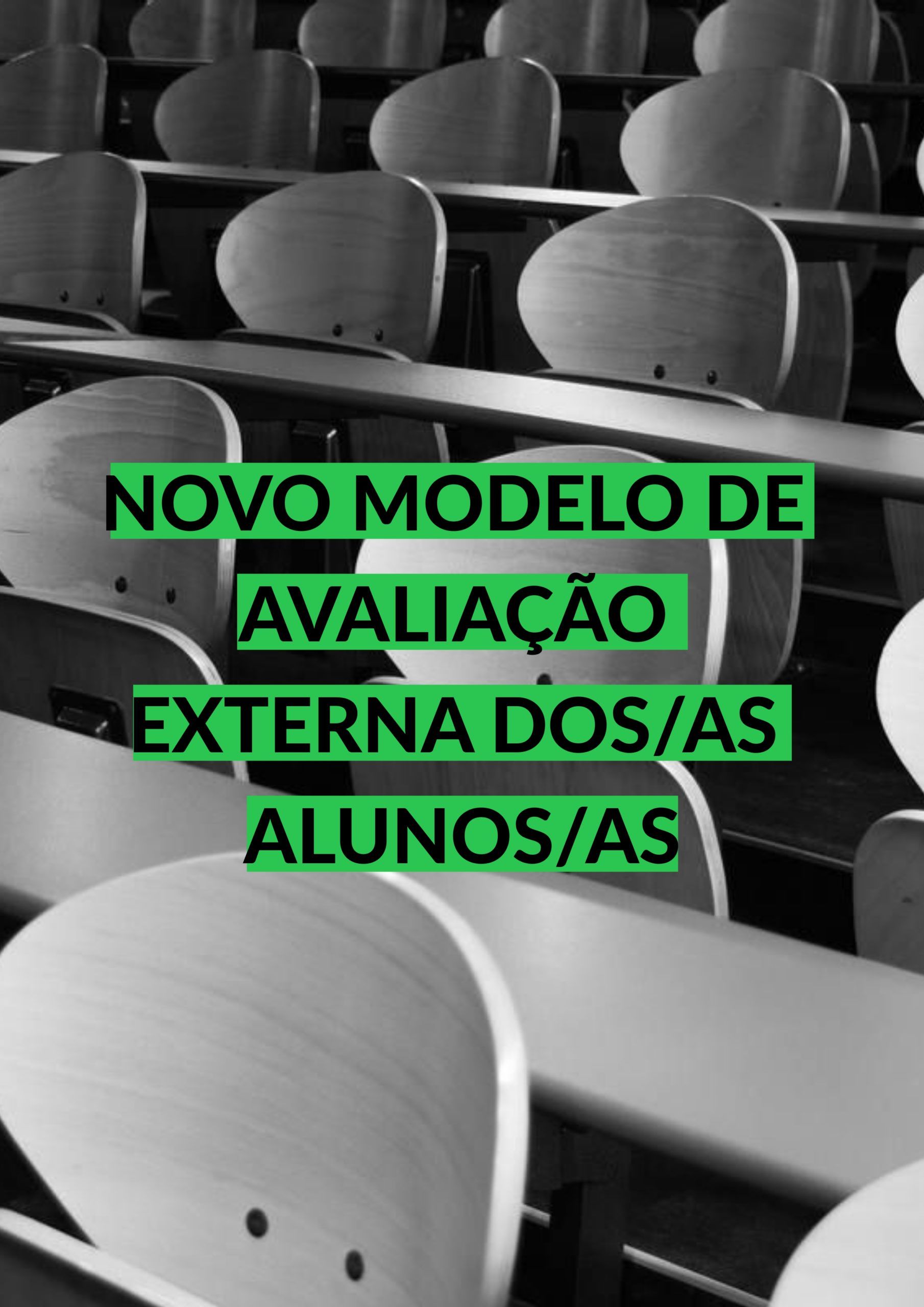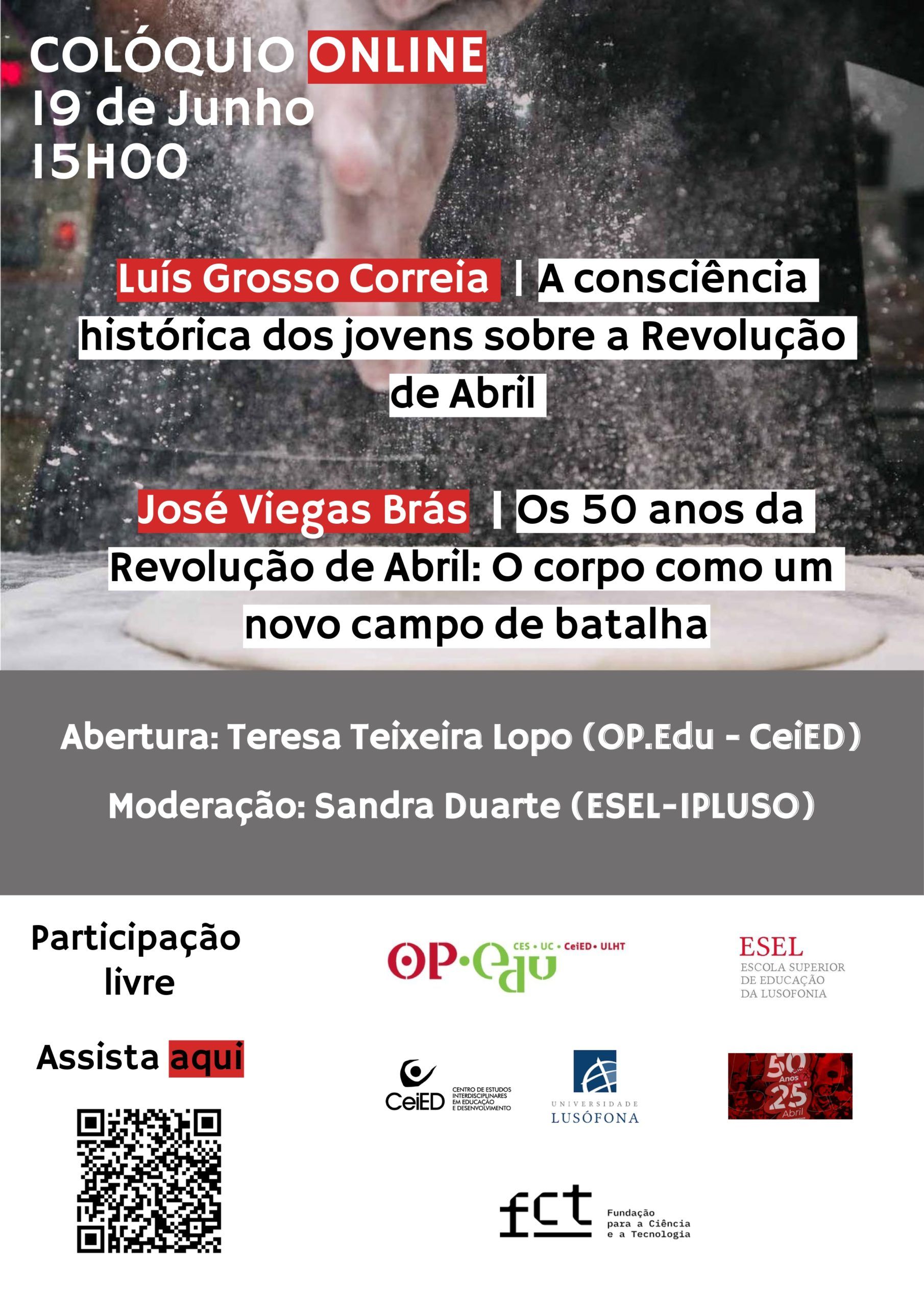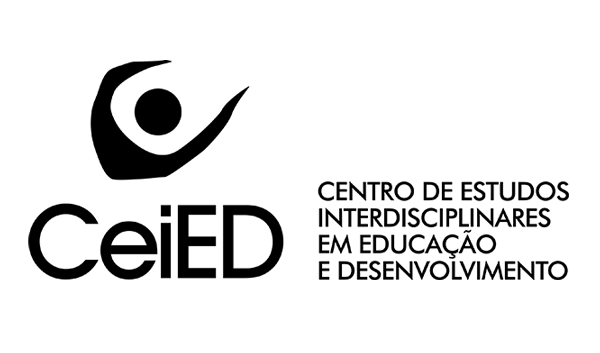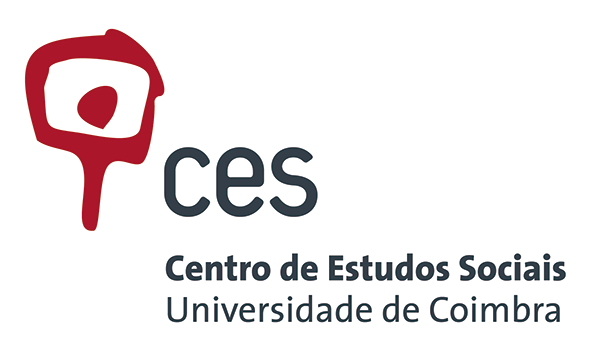On Going Projects
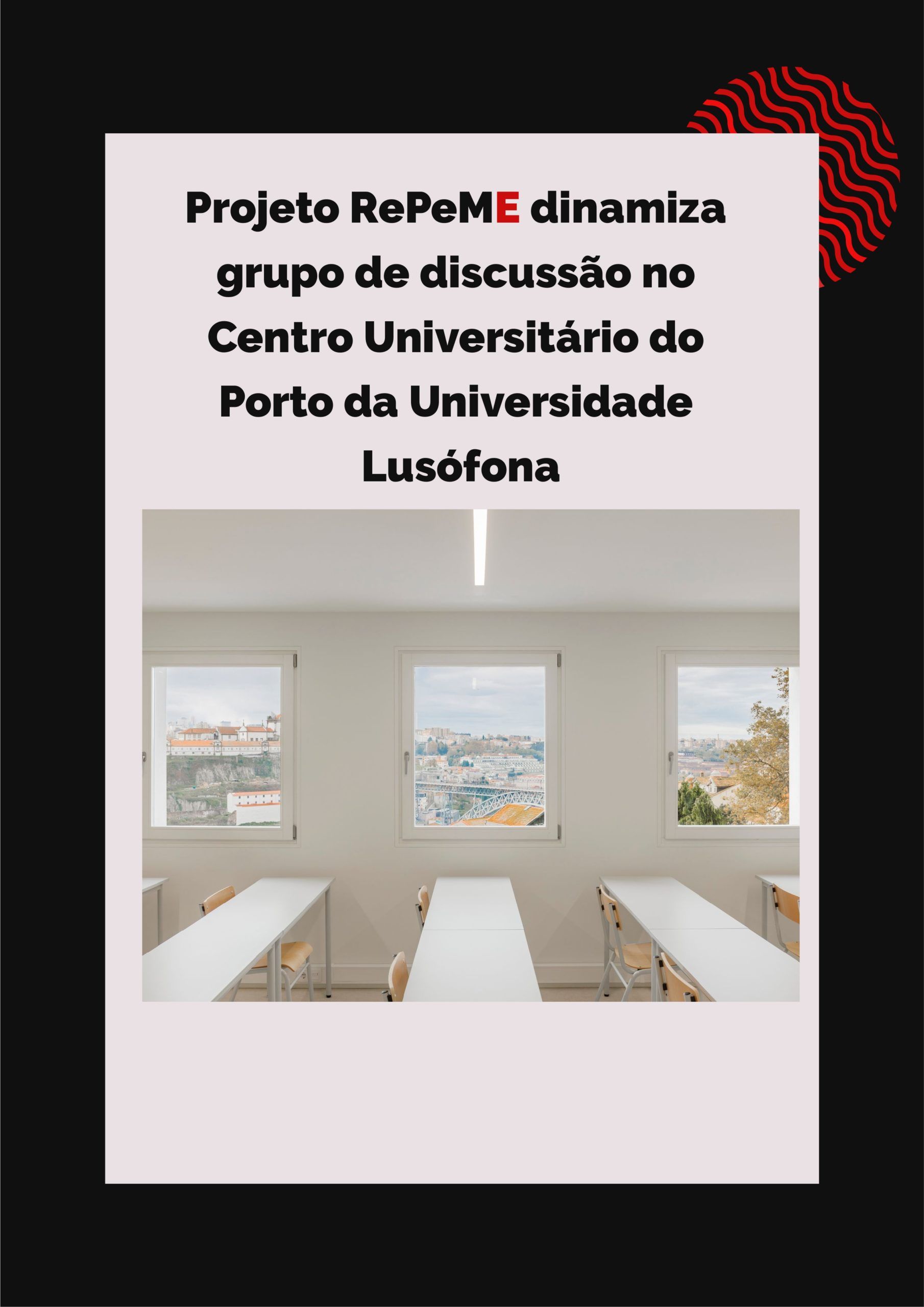
RePeMe project holds discussion group on learning recovery, follow-up and student assessment
As part of its research activities, the first of the discussion groups planned for the RePeME project – And after the Pandemic? Recovery, Continuities and Changes in Basic Education (ISCED 1) in Portugal took place on 10th January 2024 at the University Centre of Porto of Lusófona University.
The discussion group focused on the recovery of learning, follow-up and assessment of students, and aimed to analyse the preliminary results of the surveys being carried out nationwide on post-pandemic changes in basic education.
Fourteen teachers and school leaders from Porto and Lisbon took part in the discussion. The project team had the collaboration of Clara Craveiro, researcher at CeiED and coordinating professor at the Paula Frassinetti School of Education, in identifying the participants from schools in the Porto Metropolitan Area, and Maria Neves Gonçalves, director of the IPLUSO School of Education and researcher at CeiED, in identifying participants from schools in the Lisbon Metropolitan Area. The discussion group also had the support from the project’s consultant Daniel Bart, full professor at the University of Lille and researcher at CIREL – Centre interuniversitaire de recherche en éducation de Lille, in drafting the script and organising the work. The team also welcomed Geanine Escobar, a researcher in training/PhD student in Museology at Lusófona University – University Center of Lisbon, who was present as a non-participating observer.
The research brief, with the preliminary results of the surveys and interventions of the participants of this discussion group will be available soon.
The Thought of Amílcar Cabral and Education
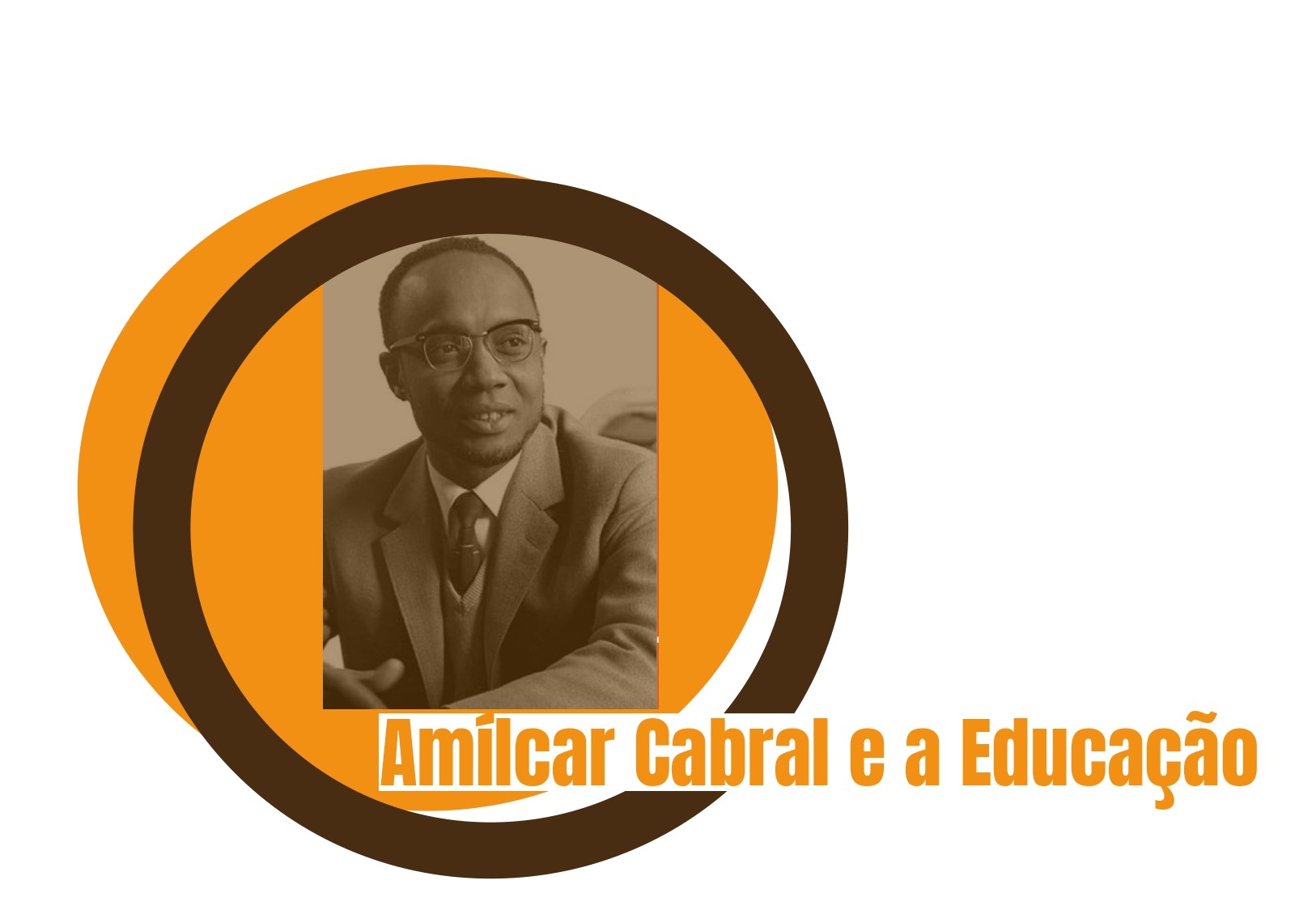
Presentation
For Amílcar Cabral (1924-1973), education was the “first weapon” for freedom and the development of the potential and capacities of children, young people and adults, in order to put into practice dignified, fair and emancipatory life projects.
Education is an essential factor in the process of development and social transformation of the material living conditions of African societies, as a result of its impact on the economic, political, historical, cultural, ethno-linguistic and identity dimensions. In the academic and scientific communities of Portuguese-speaking African countries, there is a growing interest in the thought of Amílcar Cabral and his influence in the various fields of the social and human sciences that focus on the study of the various dimensions that influence the organisation, structuring and functioning of contemporary African societies. Similarly, in the global context, Amílcar Cabral is a recognised thinker and intellectual in academic institutions in different countries and continents.
At this time of deepening knowledge about Amílcar Cabral’s thought, the project The thought of Amílcar Cabral and Education: (re)discovering ideas, concepts and practices in the field of educational policies aims to contribute to the (re)discovery of Amílcar Cabral’s thought in the field of educational research, through an interdisciplinary approach that includes approaches from the History of Education, Sociology of Education and Education Sciences.
Objective
To contribute to a better understanding of the presence of Amílcar Cabral’s thought and his influence in the research that has been carried out in the field of education and development theories based on human capital, through the (re)discovery and (re)contextualisation of ideas, concepts and practices that can be reflected in Lusophone and global education policies.
Period
25/05/2023 to 15/11/ 2024Team
Ângela Benoliel Coutinho (Consultant)
Julião Soares Sousa (Consultant)
Funding
Pilot project. More information, soon.
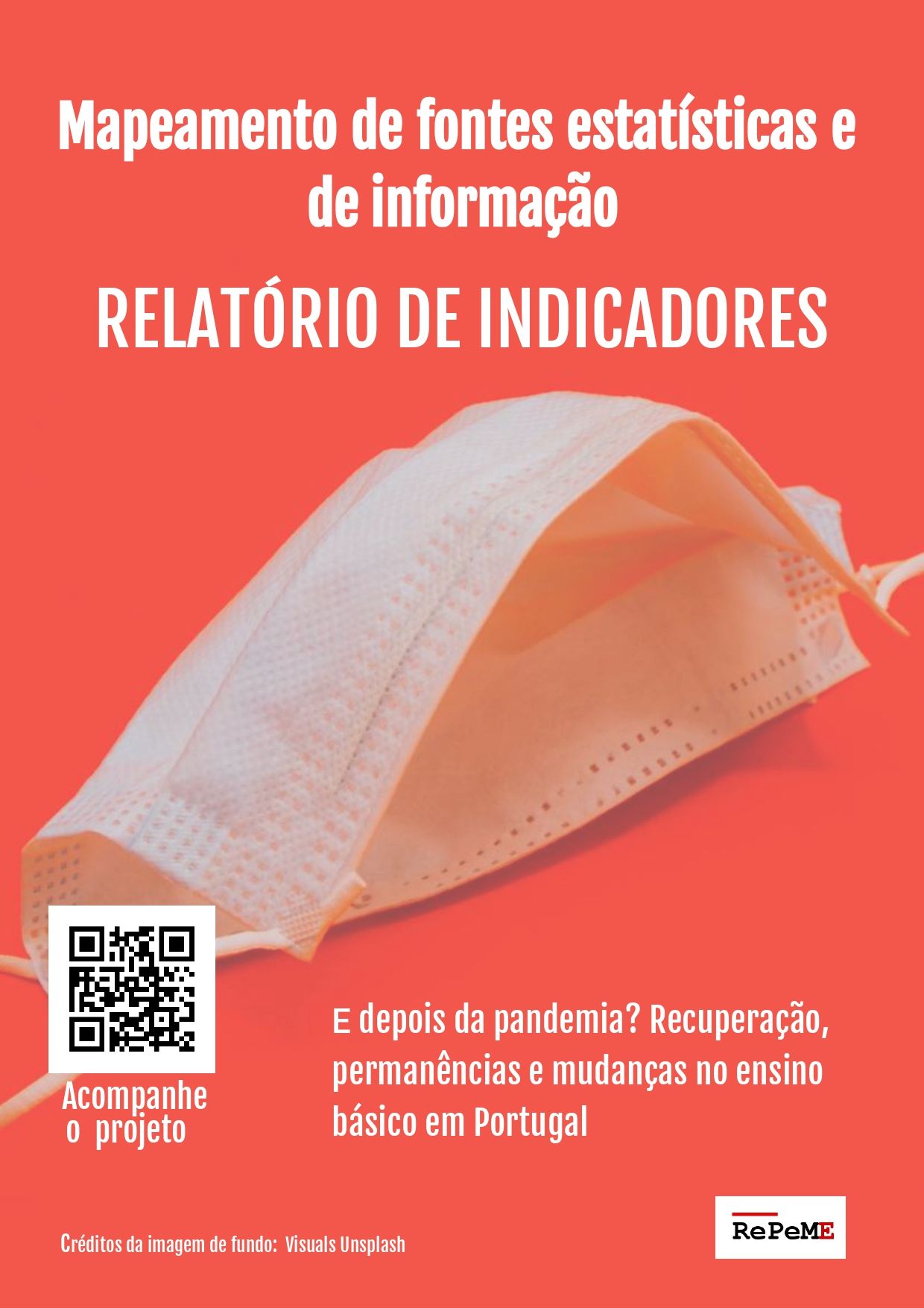
Indicators report available on the RePeME Community of the Zenodo Repository and in the Harvard Dataverse
The Mapping of Statistical and Information Sources: Indicators Report compiles already existing indicators, but spread across different statistical and information sources.
The collection covers the period from 13 March 2020 to 5 May 2023, matching the chronological scope of the RePeME project which foresees the systematic collection of information for two time frames: 1) emergency/during the pandemic; 2) change/after the pandemic. The information is presented in a table, in four points: indicator, date (corresponding to the year), source of information with reference/link to the origin of the data and brief description of the result. Whenever necessary, supplementary information has been introduced in footnotes.
This report, which is a product of Task 1 of the project, area 2/State of the Art, was completed on June 23, 2023.
The Report is available on the RePeME Community of the multidisciplinary open access digital repository Zenodo and in the Harvard University’s open-access repository Harvard Dataverse, which includes the world’s largest collection of social science research data.
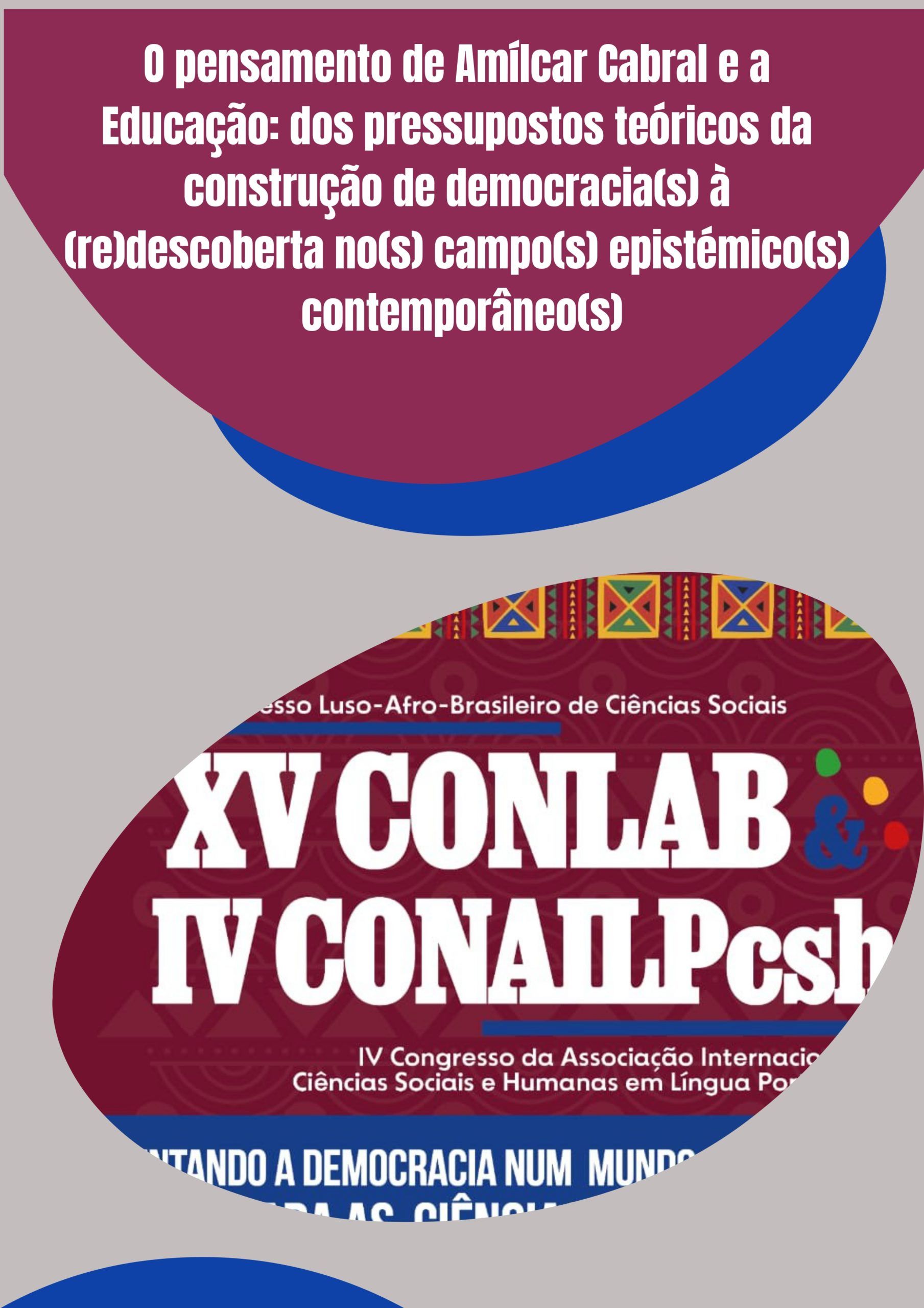
OP.Edu debates Amílcar Cabral’s thought about education at XV CONLAB and IV CONAILPcsh | 27 September 2023
OP.Edu researcher Teresa Teixeira Lopo presented the paper The thought of Amílcar Cabral and education: From the theoretical assumptions of the democracy building to its (re)discovery in the contemporary epistemic field(s) co-authored with Arlinda Cabral, researcher from LusoGlobe – Lusófona Centre on Global Challenges, at the XV Luso-Afro-Brazilian Congress of Social Sciences (CONLAB) and IV Congress of the International Association of Social and Human Sciences in Portuguese Language (CONAILPcsh).
The researchers presented and discussed with the public the first results of an ongoing project on Amílcar Cabral’s Thought and Education, which aims, on the one hand, to analyse the reception of Amílcar Cabral’s work in Portugal and in European countries of the Guinean and Cape Verdean diaspora, taking the year 1970 as the starting point, the date of the publication by François Maspero of O Poder das Armas; and, on the other hand, to identify which educational challenges were addressed by the research carried out in Portugal between 1974 and 2024.This analysis, which involves consulting national and European databases, archives and institutional repositories, aims to compile a broad corpus of documents that includes press articles, reviews and articles published in scientific journals and master’s dissertations and doctoral theses.
The Congresses, which took place between 26 and 28 September 2023 in the city of Praia, Santiago Island, Cape Verde, under the theme Reinventing Democracy in a World of Insecurity: Challenges for the Social Sciences and Humanities aimed, among other goals, to foster the debate on topics of academic and social relevance, and to strengthen the International Association of Social and Human Sciences in Portuguese Language (AILPcsh) as a locus of academic and social convergence in Portuguese-speaking countries and regions.

Conference Cycle NOVAMEdS 2022/2023 | RePeME project presented at NOVA University of Lisbon
The researcher Teresa Teixeira Lopo was the keynote speaker, on January 13, of the Cycle of Conferences 2022/2023 of NOVAMEdS – Master in Education Studies of the NOVA University of Lisbon.
In this Conference, the researcher presented the project RePeME – And after the pandemic? Recovery, continuities and changes in basic education (ISCED 1) in Portugal, and based on the empirical work, still in its initial phase of development, she discussed with the participants specific aspects related to the project, such as the relevance of the plan for the recovery of learning, the digital transition, implemented measures and advantages for the collaborative work of teachers and specific post-pandemic actions implemented in schools and addressed to the school community to promote well-being and mental health.
Image credits: Claudio Schwarz from Unsplash
- 1
- 2
Notícias / News
- Home
- On Going Projects
